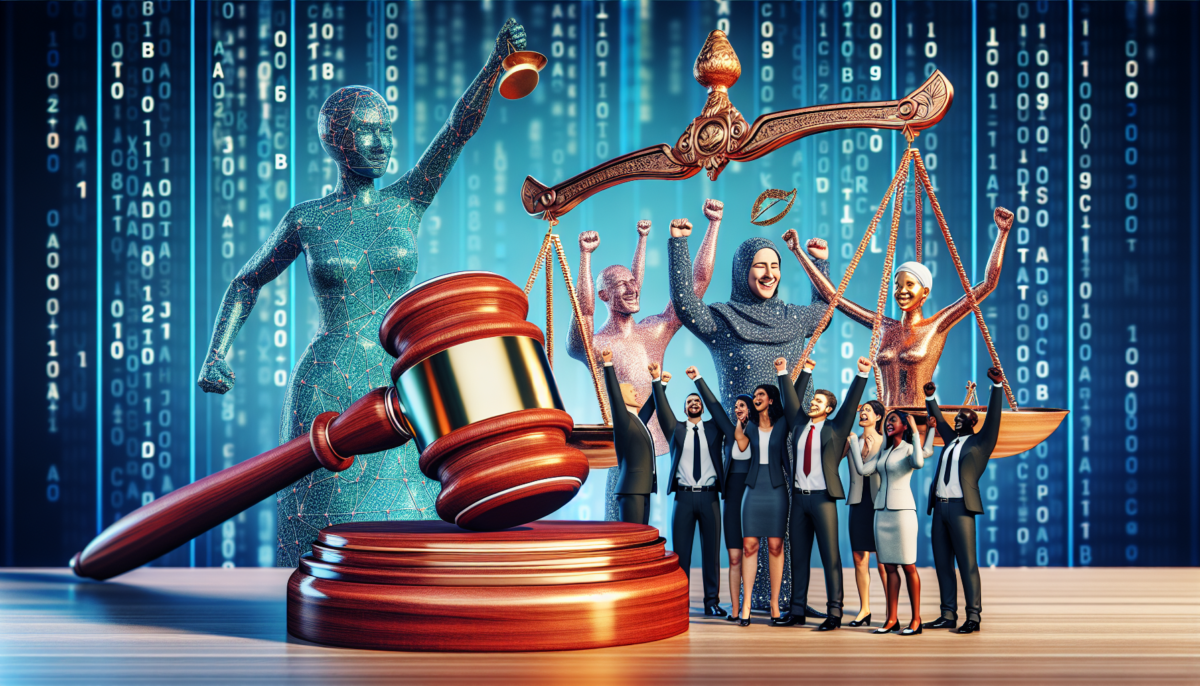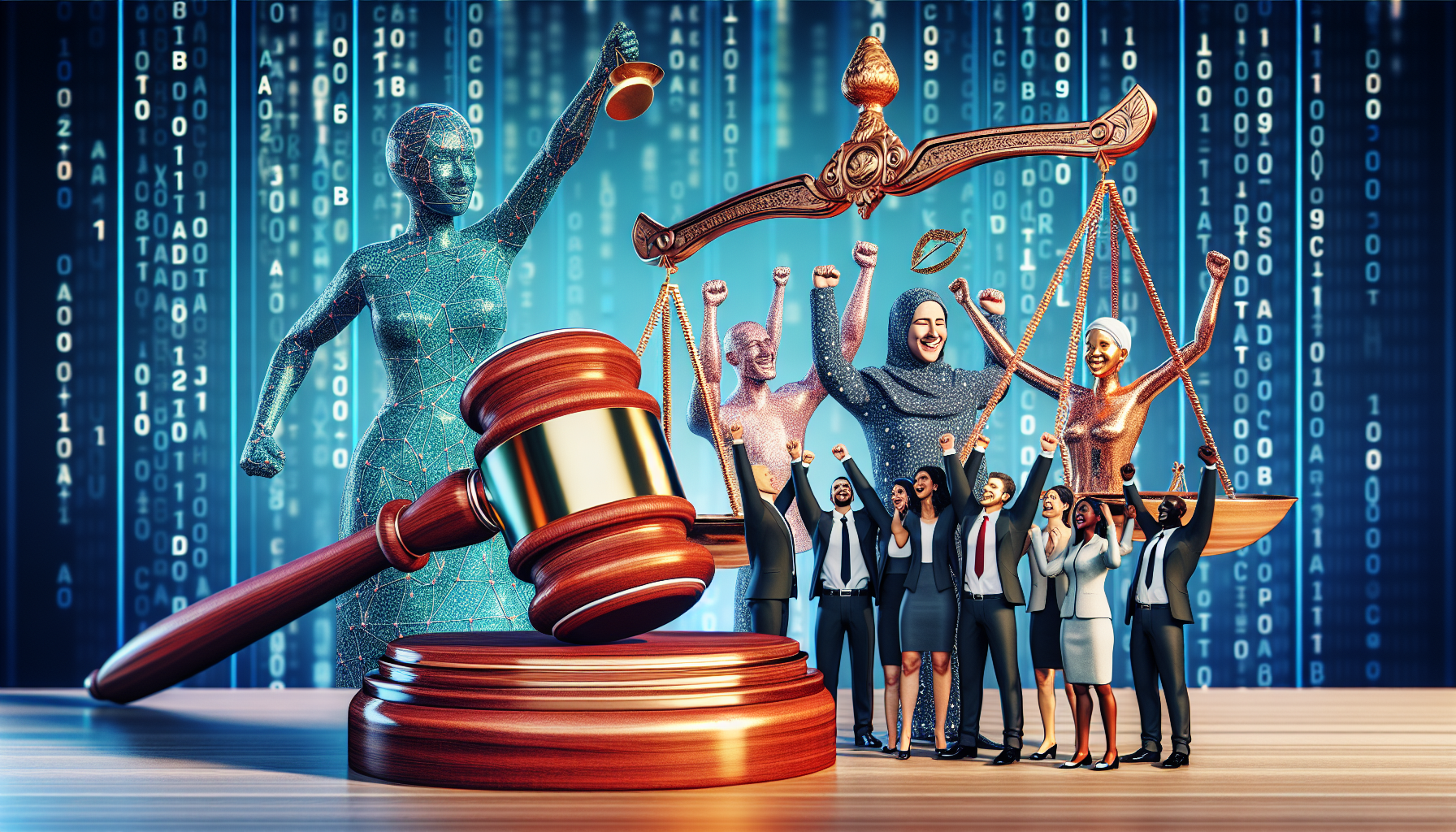Anthropic Achieves Significant US Court Win Regarding AI Training in Authors’ Copyright Dispute
We independently review everything we recommend. When you buy through our links, we may earn a commission which is paid directly to our Australia-based writers, editors, and support staff. Thank you for your support!

Quick Summary
- US judiciary determines Anthropic’s AI training falls under fair use.
- Anthropic faces allegations of violating authors’ copyright by keeping unauthorized books.
- Future trial to assess compensation for copyright violation.
- Ruling emphasizes significant debates surrounding AI, copyright, and fair use.

Anthropic’s Legal Triumph and Its Consequences
A federal judge in the US has ruled in favour of Anthropic, declaring that the firm’s use of books without authorization to train its AI system was covered under “fair use” as defined by US copyright law. This case, overseen by US District Judge William Alsup, represents a vital ruling in the ongoing discussion regarding AI and intellectual property rights.
Comprehending Fair Use in AI Creation
The idea of fair use is pivotal to this judgment, providing a legal basis that permits the usage of copyrighted content without direct permission under specific circumstances. Alsup’s ruling is crucial as it applies the fair use doctrine to generative AI, establishing a benchmark for future legal matters.
Anthropic’s defence was based on the claim that their AI system produced transformative content by assimilating knowledge from the books, resonating with copyright’s aim of promoting creativity. This understanding is vital for tech firms, which argue that requiring payment for every copyrighted piece utilized could hinder innovation.
Copyright Obstacles in the Age of AI
The lawsuit against Anthropic, backed by major entities such as Amazon and Alphabet, signifies a wider trend where authors and creators are contesting AI companies over the utilization of their works. The results of these cases may greatly shape how AI technologies are developed and brought to market.
Despite the fair use ruling, Alsup pointed out that Anthropic’s maintenance of pirated books in a “central library” constituted a violation of copyright, leading to a trial to evaluate damages. This factor highlights the intricacies of navigating copyright laws in today’s digital landscape.
Consequences for the AI Sector
This ruling reinforces the concept that AI training, if deemed transformative, can qualify for protection under fair use. Nonetheless, it raises issues regarding the ethical and legal obligations of AI developers concerning the acquisition of training data. As the industry progresses, striking a balance between innovation and adherence to intellectual property rights will be essential.
Recap
Anthropic’s legal triumph is a significant milestone in the AI field, showcasing the relationship between innovation and copyright legislation. While the ruling supports AI developers, it also necessitates thorough scrutiny of data sourcing practices to prevent violations of creators’ rights.
